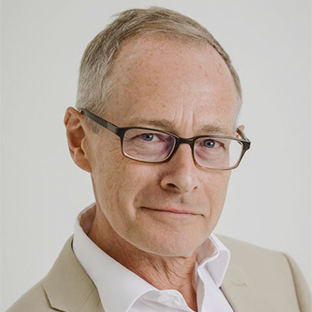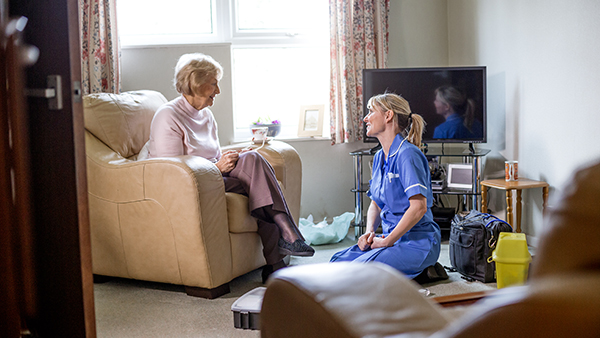The gaps between what people want and need from health and social care services and what they get are getting wider. At the same time, it is becoming accepted that the state will not resource every health and care service in the future and that alternatives need to be explored. Dr Richard Davis FRSA has been working with other Fellows and argues for the expansion of local community based care.
We might all agree that we have social responsibilities as well as individual rights, yet in respect of health and care for several generations now, many of us have sub-contracted the state to undertake our responsibilities. We would all accept that people matter, that we aspire to be compassionate and that we should do unto others as we would be done by. Our care for each other is a mark of our society – you could say it is what makes community out of society – and the fabric of our society could crumble if we don’t look after it.
A group of RSA fellows in the Exeter and Torbay area has been looking at whether social care services provided on a voluntary, community basis could be expanded on a large scale. The market fills some of the gaps left by the state but paying is an option not available to all. Macmillan nurses are not state-funded but by charitable donations and remarkable positive things will happen if the care element that is already embedded through many community organisations could be developed to be a part of the social fabric of our populations; building on the good work that is already out there and establishing ‘help’ as a fundamental part of our community living.
Connected communities are happier and healthier. Human beings are fundamentally social creatures and social engagement tends to increase wellbeing; while commuter town living and social media can be isolating, voluntary service can be fulfilling and there are a large number of people who would like to give back to society but who do not know how to go about it. Each person should be able to contribute according to his and her ability and other’s needs. Caring can be particularly good for us, whereas being a passive recipient of care may lead to poorer outcomes for both physical and mental health.
We need to write a different story about health and care services, one that focuses on caring villages, towns, counties and cities, with a greater role for civil society. Most care was provided this way before the state took over; however the lion’s share fell to women, whose expectations and work lives have changed rapidly. Providing care could become a commitment that we are all prepared to make to our communities; instead of being passive recipients, could more citizens reciprocate by contributing to others’ care? In many places it this kind of approach is already happening through the initiative of communities, churches, voluntary groups and social enterprises, operating in loose yet effective co-ordinating networks. A new story of caring communities can be propagated through social media and our schools can bring it alive for young people.
As professional and non-professionals, we need to learn more about how to stimulate the provision of care across our communities. There are already good examples of volunteering that can be built on, for instance with voluntary patient transport services. Some experts have an alternative source of income and, do not want to be employed to care and become instead professional volunteers. But not all care needs experts to provide it and generally people do not want paternalistic services that happen to them rather than engage with them.
A more community based civic form of care could measure its ‘social value’ in relation to the care provided as well as the individual benefit to those giving and receiving care. A degree of local organisation is necessary to ensure that needs are met, and modern technology can be used to multiply impact. Standards are also important and an element of regulation is desirable. This does not mean families would not still play a critical role but their efforts would be supported with that of voluntary groups, with statutory and other large care providers supporting a more collaborative approach rather than trying to control or inhibiting it. Too often the current system of care quashes innovation and willingness. Given that a lot of voluntary community care is already happening, we need to analyse better what inhibits local change and the provision of more care in communities.
Richard is researching social issues and contributing to the development of several VCSE organisations in the South West
Related articles
-
Care… the work that makes all other work possible
Richard Humphries
Most of us will need care at some point in our ever-longer lives. Richard Humphries argues that it’s time we recognised its importance and legislated and funded it properly


Join the discussion
Comments
Please login to post a comment or reply
Don't have an account? Click here to register.
Excellent post and an important discussion that needs to occur more. If we are able to combine funding for social and health care ... what is the possible impact we can all have in our efforts to create healthy communities. I know there are a few pilots around this, but the end results are yet to be realised. Thank you for sharing your thoughts ... and hope to see more along this track within the RSA.